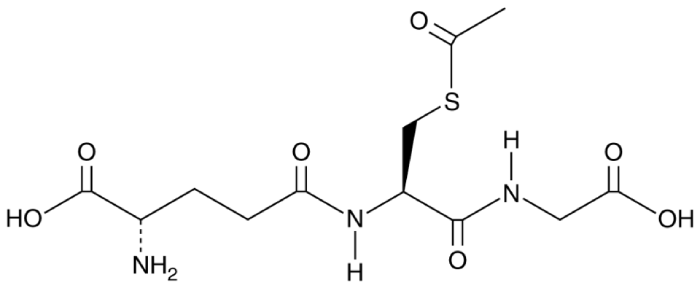Study Reveals Significant Improvements in IBS Symptoms
An Italian study has recently shed light on the potential benefits of a very-low-absorbable geraniol formulation for patients suffering from Irritable Bowel Syndrome (IBS). This open-label investigation, conducted in a real-world setting, involved 1,585 participants diagnosed with IBS who were treated with a daily dose of 240 mg of Palmarosa essential oil absorbed on 960 mg of ginger root powder for four weeks.
The research aimed to evaluate the efficacy of this geraniol-based food supplement in alleviating IBS symptoms and improving the quality of life for affected individuals. Additionally, the study sought to determine the treatment’s effectiveness across different IBS subtypes.
Participants, with a mean age of 44.8 years and a slight female majority (56.4%), were assessed using the IBS Severity Scoring System (IBS-SSS) both before and after the treatment period. The results were nothing short of remarkable, with significant improvements observed across various symptoms and quality of life indicators.
Key findings from the study include:
1. A substantial 67.9% decrease in overall IBS-SSS scores
2. An impressive 82.3% reduction in abdominal distention
3. A 46.2% improvement in satisfaction with bowel habits
4. A 64.9% decrease in interference with quality of life
Furthermore, patients reported significant improvements in stool type, indicating a normalization of bowel function. Importantly, the treatment proved effective across all IBS subtypes, suggesting its potential as a versatile therapeutic option.
These findings provide compelling evidence for the use of geraniol as an effective supplement in managing IBS symptoms, regardless of the specific subtype. The study’s real-world setting adds weight to its potential applicability in clinical practice.
Commentary by SuppBase columnist Alice Winters:

This Italian study on the efficacy of a very-low-absorbable geraniol formulation for IBS symptom relief presents intriguing results that warrant closer examination. While the findings are undoubtedly promising, it’s crucial to approach them with a discerning eye and consider several factors that could influence their interpretation and broader applicability.
First and foremost, the open-label design of the study, while valuable for real-world insights, introduces potential bias. Without a placebo control group, it’s challenging to definitively attribute the observed improvements solely to the geraniol supplement. The placebo effect is well-documented in IBS studies, and patient expectations could have played a role in the reported outcomes.
The formulation itself is noteworthy. By combining Palmarosa essential oil (rich in geraniol) with ginger root powder, the researchers have created a unique delivery system. This approach potentially enhances the targeted release of geraniol in the intestines while minimizing systemic absorption. However, it also raises questions about the individual contributions of geraniol and ginger to the observed effects. Ginger has its own well-documented digestive benefits, which could have synergized with or even overshadowed the geraniol effects.
The reported improvements are indeed substantial, with some symptoms showing reductions of over 80%. Such dramatic results, while exciting, should be viewed cautiously until replicated in larger, randomized controlled trials. The mechanism of action for geraniol in IBS relief also requires further elucidation. While its antimicrobial and anti-inflammatory properties are known, how these translate to symptom improvement in IBS needs more investigation.
The study’s strength lies in its large sample size and real-world setting, which enhance its external validity. The inclusion of all IBS subtypes and the consistent efficacy observed across them is particularly noteworthy, suggesting a broad-spectrum benefit that could be advantageous in clinical practice.
From a market perspective, this research opens up exciting possibilities. With IBS affecting a significant portion of the global population and current treatments often falling short, a natural, food-based supplement could be highly appealing to consumers. However, factors such as long-term safety, optimal dosing, and potential interactions with other medications or supplements need to be thoroughly assessed before widespread adoption.
The environmental and ethical implications of sourcing Palmarosa oil and ginger on a large scale should also be considered. As demand for these ingredients potentially increases, ensuring sustainable and ethical production practices will be crucial.
In conclusion, while this study presents compelling evidence for the potential of geraniol in IBS management, it should be viewed as a promising starting point rather than a definitive conclusion. Further research, particularly double-blind, placebo-controlled trials, will be essential to confirm these findings and establish geraniol’s place in the IBS treatment landscape. Nonetheless, this study marks an important step forward in exploring natural, food-based approaches to managing this challenging and prevalent condition.



